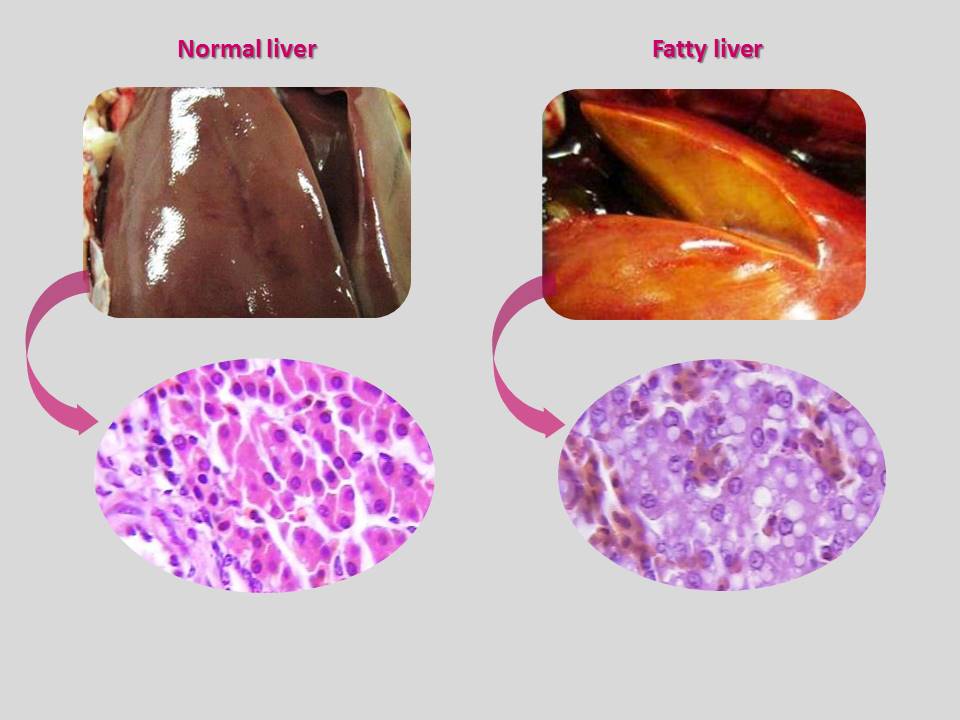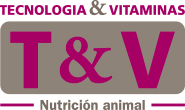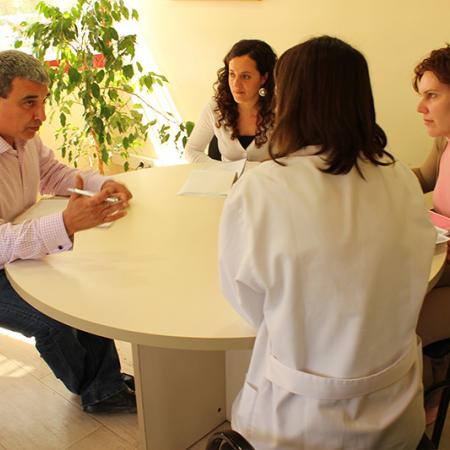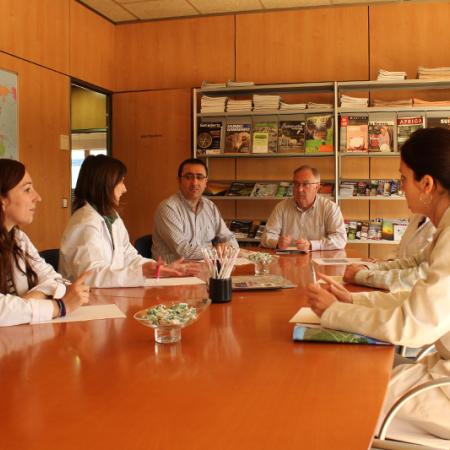Fatty liver syndrome, FLS in laying hens
"Fatty liver syndrome, FLS" in laying hens
It is usually defined in these terms the metabolic disease that causes an unusual or rare degeneration of liver tissue. It presents an excessive fat accumulation in the liver of the bird, more by increased lipogenesis, not by a reduction of lipid catabolism or a deficiency in their transport.

It is typical of caged hens (very rarely affects birds on the ground) with high energy diets and exposed to high temperatures in the warm seasons. The most productive animals are often the most affected. It is not clear the involvement of some strains more than other ones.
It is considered an important disease in economic terms, as it can potentially cause more than 25% drop in laying.
Liver diseases of this kind may be due to the presence of numerous causes, both infectious and non-infectious.
Although usually several predisposing factors coexist (diets low in lipotropic factors, high temperatures, feed in pellet form or crumble), high energy consumption could be regarded as the trigger of the process, especially if carbohydrate levels are excessively increased.
Early symptoms depending on the severity are usually:
- Fast decrease in egg production.
- Low mortality, but the usual % of the farm is increased.
- "Pale combs" may appear.
- At necropsy: + pale, yellowish enlarged liver, sometimes with hemorrhages (in severe cases it is called "fatty liver hemorrhagic syndrome" and a significant increase in mortality is recorded).
+ necropsy finding: the presence of an egg in the oviduct.
In order to avoid the appearance of this pathology we could make the following recommendations:
- The control of energy levels in layers and breeders feed and the proportional amounts of carbohydrates and fats as well as their optimization depending on the phase of the birds production cycle.
- Good management techniques to control room temperature and avoid heat stress.
- The administration of a liver protector in layers and breeders feed, especially designed for the prevention / treatment of the syndrome, such as:
1. PROHEPA PREMIX to mix into feed continuously.
2. PROHEPA LÍQUIDO added to drinking water when needed.
- 5122 reads
Adjusted production

Tecnovit present two standard production lines, products in powder and liquid. Discover the exclusive use of containers as the product being manufactured.
CDTI Development

The Center for Industrial Technological Development (El Centro para el Desarrollo Tecnológico Industrial (CDTI) is a Public Enterprise under the Ministry of Economy and Competitiveness which promotes the innovation and technological development of Spanish companies.











